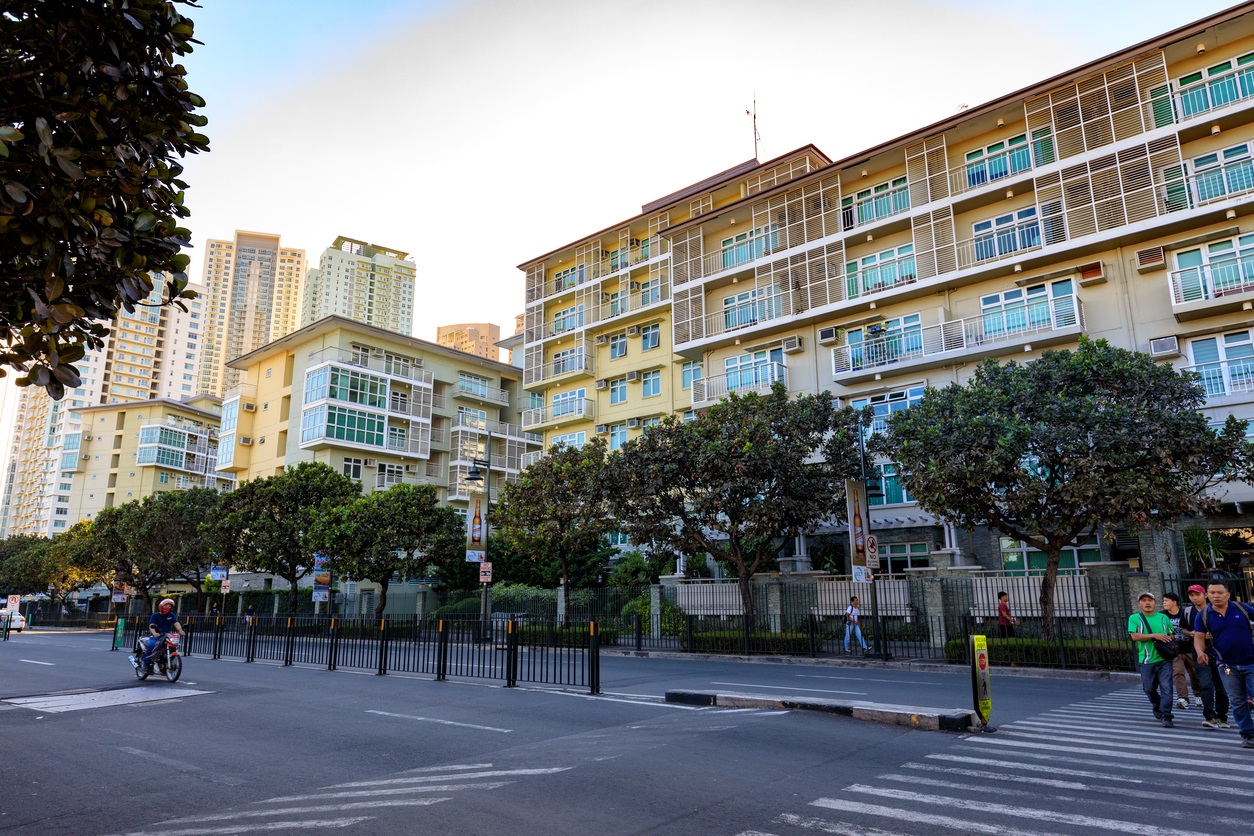Vertical living presents an excellent solution to the growing need for housing in Metro Manila and other metropolitan areas in the country. With land in urban areas becoming scarcer and more expensive, condos are increasingly becoming an attractive option to many, offering greater affordability compared to detached homes.
And with condo developments mushrooming all over the metro, it’s easy to find one that matches your needs and preferences. If you have a tight budget, there’s a wide selection of low to mid-priced condos that you can consider.
However, there are certain trade-offs to affordability, the most common of which is size. In Metro Manila and beyond, there’s a rising trend for small condos sized 50 sq. m. or less, typically in studio or one-bedroom layouts.
Small Is the New Normal
A Q4 2014 report from Collier’s International, as quoted in The Philippine Star, showed that:
“Of the more than 30,000 pre-selling condo units expected to be delivered in the Makati Central Business District, Fort Bonifacio, Rockwell Center, Ortigas Center, and Eastwood City from 2015 to 2018, 75 percent are studio and one-bedroom units, ranging in size from 18 to 90 square meters.”
And that:
“Some condo projects outside these areas have even been reported to sell units not bigger than 15.5 square meters.”
Here are the comparative residential lease rates of 3BR, semi-furnished to fully furnished condos in the metro as of Q2 2016 according to Colliers:
| Location | Average Rental (PHP/mo.) | Average Size (sq. m.) |
| Apartment Ridge/Roxas Triangle | 200,000 | 303 |
| Salcedo Village | 175,000 | 234 |
| Legaspi Village | 200,000 | 206 |
| Rockwell | 180,000 | 189 |
| Fort Bonifacio | 200,000 | 223 |
Zoning Requirements
The smaller unit sizes come with recent developments, and would have been unthinkable in the 1990s or earlier. They comply with the 2009 revisions to the Housing and Land Use Regulatory Board’s zoning regulations.
Specifically, the new regulations state that the minimum required square area for condos are:
- 18 sq. m. for single-occupancy units
- 12 sq. m. for single-occupancy units intended for students or workers, in condo developments within highly urbanized areas
- 36 sq. m. for family-dwelling units in open market (high end) condo developments
- 22 sq. m. for family-dwelling units in medium cost developments
Benefits of Small Condos
When it comes to living space, bigger may be the natural preference, but may not always be the better choice. Living in small condos comes with its own distinct advantages and attractions.
In addition to affordability, small condos offer the benefit of efficiency. Everything you need is easily within reach. You won’t have a hard time cleaning and organizing the place. Living in a compact space also gives you good reason to de-clutter and get rid of unnecessary stuff.
A smaller home also means less energy consumption. You not only save on utilities, you also get the chance to lower your carbon footprint.
A small home is also more cozy and intimate, and can provide you with a greater sense of warmth and comfort.
Planning Small Condo Living
In decorating and planning a small condo, you can take your cue from the model unit. Designed by professionals, model units often showcase how a condo’s limited space may be best optimized.
Consider modular space-saving furniture specifically designed for condo living. Some providers offer customization services to match your specific needs.
A small condo gives you plenty of opportunities to be creative. With a bit of imagination and careful planning, you can transform a limited space into the relaxing, stress-free haven you’ve always dreamed of having.



























